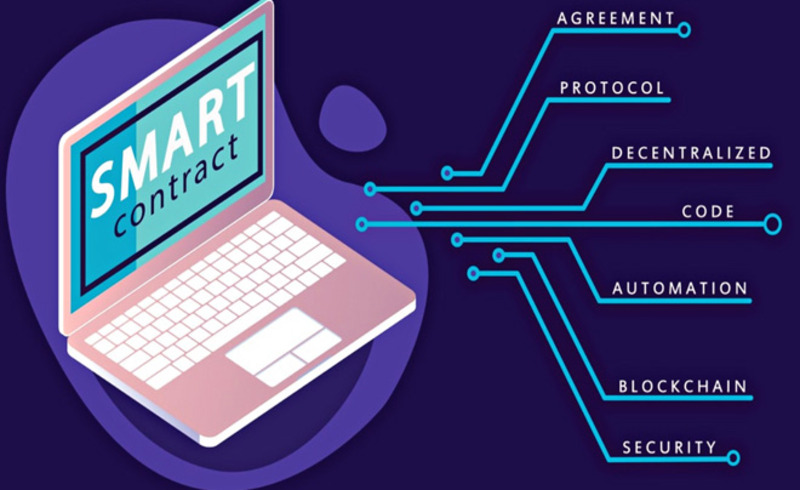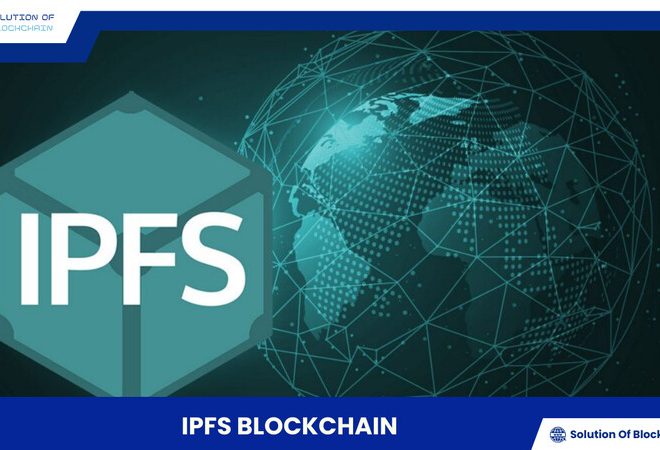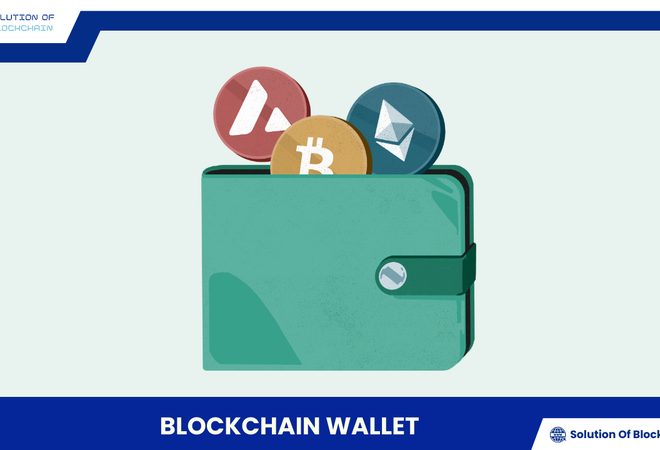
What is Smart Contracts? Learn how it works
Blockchain technology is profoundly transforming various sectors, from finance to supply chain management. One of its most remarkable achievements is the advent of smart contracts. But what is smart contracts and why are they considered a revolutionary force in how we conduct transactions? Let’s delve deeper into this comprehensive article to find out.
Introduction to Smart Contracts
What is Smart Contracts?
A smart contract, or a self-executing contract, is essentially a computer program designed to automatically execute the terms of an agreement when predefined conditions are met. It operates on a blockchain platform, ensuring transparency, security, and eliminating the need for intermediaries.
History and development
The concept of smart contract was first introduced in 1994 by Nick Szabo, a computer scientist, and cryptographer. However, it wasn’t until the emergence of blockchain technology and cryptocurrencies that smart contract gained the opportunity for widespread development and application. Ethereum, an open-source blockchain platform, played a crucial role in popularizing smart contract due to its robust support for the development and deployment of these self-executing agreements.
Key components of a Smart Contract
A smart contract comprises the following main components:
- Contractual parties: These are the entities involved in the contract, possessing access and control over the execution process.
- Contractual terms: The stipulations, conditions, and agreements between the parties are encoded into lines of code within the smart contract.
- Digital signatures: These are used to authenticate the identities of the participating parties and authorize actions within the contract.
- Blockchain platform: Smart contract are deployed and stored on a blockchain platform, ensuring immutability, transparency, and security for the contract.
How Smart Contracts work?
Implementation process
The process of implementing a Smart Contract usually includes the following steps:
- Coding: The contract’s terms and conditions are converted into code using a programming language specifically designed for smart contracts, such as Solidity on Ethereum.
- Deployment on the Blockchain: The compiled code is deployed onto a blockchain network. Here, the contract exists as a unique address on the blockchain.
- Triggering: When events or conditions predefined in the contract occur, such as a payment being made or a specific time period elapsing, the contract is automatically triggered.
- Automatic execution: Once triggered, the actions encoded in the contract are executed automatically and irreversibly. For example, the contract might automatically transfer funds from one account to another, update ownership information of an asset, or trigger another contract.
Popular programming languages
Several popular programming languages are used to write smart contracts, including:
- Solidity: The leading and most widely used language on Ethereum, specifically designed for smart contract development. Solidity’s syntax resembles JavaScript, making it easily accessible for developers.
- Vyper: Another Ethereum-based language focusing on simplicity, security, and auditability. Vyper has certain distinctions from Solidity, aiming to mitigate common programming errors.
- Rust: A powerful systems programming language known for its high performance and memory safety. Rust is also used to write smart contracts on platforms like Solana and Polkadot.
- Michelson: A strict and secure language on the Tezos platform. Michelson is designed for easy verification of smart contracts correctness, minimizing error risks.
- Yul: A low-level intermediate language that can be used to write smart contracts on Ethereum. Yul offers more granular control over contract execution but requires in-depth knowledge of the Ethereum Virtual Machine (EVM).
Additionally, several other languages are being developed and utilized for smart contracts, such as Move (Diem), Clarity (Blockstack), Scilla (Zilliqa), and more. This diversity in programming languages allows developers to choose the most suitable tool for their project’s needs and requirements.
Key features of Smart Contracts
Here are some prominent features of smart contracts, summarized from the information presented in the article:
- Automation: Smart contracts automatically execute terms when conditions are met, eliminating the need for intermediaries and reducing human errors.
- Transparency and security: All transactions and interactions with smart contracts are publicly and transparently recorded on the blockchain, enhancing trust and minimizing fraud risks.
- Immutability: Once deployed on the blockchain, smart contracts become immutable, meaning they cannot be altered or modified. This ensures the integrity and non-repudiation of the contract.
- Efficiency and cost savings: Smart contracts enable swift and accurate transactions, eliminating the need for intermediaries and thus saving significant costs.
- Decentralization: Smart contracts operate on a blockchain, a distributed system with no central authority. This enhances independence and censorship resistance.
- Flexibility: Smart contracts can be programmed to execute various types of transactions and agreements, from simple to complex.
These features make smart contract a powerful tool with vast potential applications across various domains, from finance and supply chain management to real estate, insurance and beyond.
Applications of Smart Contracts in practice
The flexibility and potential of smart contracts have opened doors to numerous groundbreaking applications across various sectors, from finance and supply chain management to real estate, insurance, and more. Here are some notable real-world applications of smart contract:
Decentralized Finance (DeFi)
DeFi is one of the most vibrant and rapidly growing areas of smart contract application today. DeFi applications allow users to engage in financial activities such as lending, trading, and asset management without relying on traditional financial institutions. Smart contract play a pivotal role in automating these processes, ensuring transparency, security, and efficiency.
For instance, DeFi lending platforms like Aave or Compound enable users to borrow and lend cryptocurrencies directly, with interest rates determined by algorithms based on market supply and demand. Smart contract ensure that loans are executed and repaid on time, while also automatically handling the liquidation of collateral if borrowers default.
Supply Chain Management
Smart contract can be used to track and manage the entire supply chain, from production to distribution and retail. Information about products, such as origin, production date, and shipping conditions, is recorded on the blockchain through smart contract, ensuring transparency and traceability.
For example, Walmart has used smart contract to track the origin of fresh produce, enabling them to quickly identify and recall problematic products in the event of food safety incidents.
Real Estate
The process of buying, selling, and renting real estate is often complex and time-consuming, involving multiple intermediaries such as brokers, lawyers, and banks. Smart contracts can automate many steps in this process, reducing paperwork, increasing transparency, and lowering transaction costs.
For instance, Propy, a blockchain-based real estate platform, allows buyers and sellers to conduct real estate transactions directly through smart contracts, with clearly encoded terms and conditions.
Insurance
In the insurance industry, smart contracts can automatically process claims when conditions are met, reducing waiting times and increasing efficiency.
For example, Fizzy, a blockchain-based travel insurance application, uses smart contracts to automatically compensate passengers if their flight is delayed for more than two hours.
Elections
Smart contracts can be used to ensure transparency and prevent fraud in elections. Each vote is recorded on the blockchain through a smart contract, making it impossible to alter or delete, thus ensuring the accuracy and fairness of election results.
Healthcare
In healthcare, smart contracts can help manage electronic health records securely and efficiently. Patients can control access to their data while easily and securely sharing information with doctors and other healthcare providers.
Other Fields
Beyond the aforementioned applications, smart contracts hold potential in various other fields such as copyright management, online gaming, identity management, and more.
In conclusion, smart contracts are ushering in a new era for digital transactions and interactions, offering unprecedented levels of automation, security, transparency, and efficiency. With the continuous development of blockchain technology, we can expect smart contracts to further revolutionize various sectors in the future, creating immense value for society and the economy.
This article by Solution Of Blcokchain has helped us understand how smart contracts are revolutionizing the way we interact and transact, bringing numerous benefits in terms of automation, security, transparency, and efficiency. While there are still challenges to address, the potential for growth and application of smart contracts is vast.







